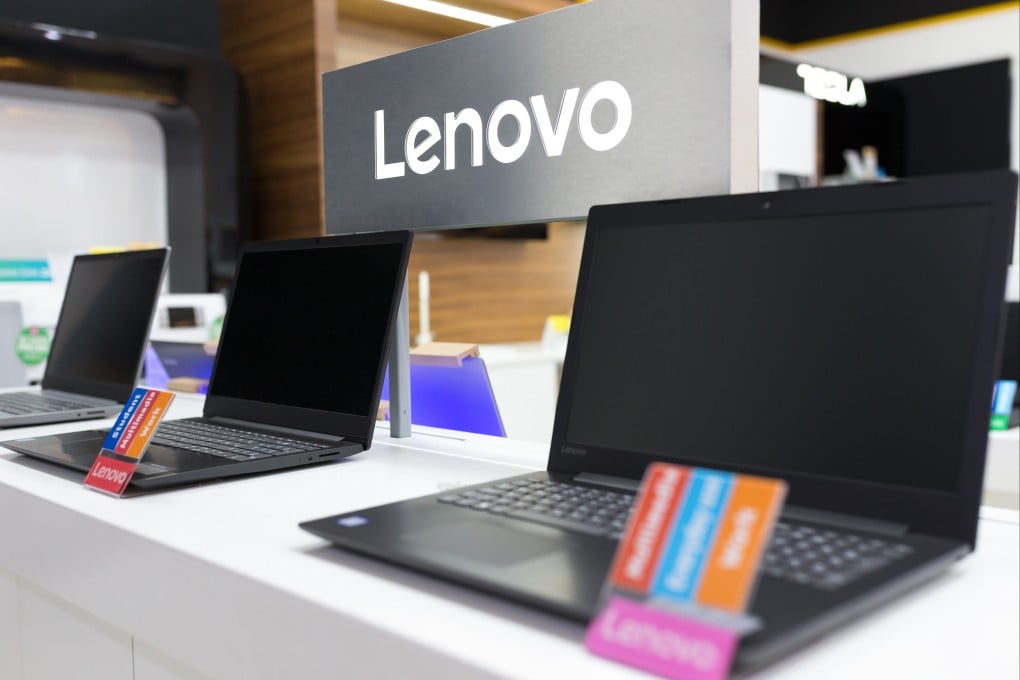Lenovo retains lead in global PC market after surprise withdrawal of Shanghai listing
- The world’s top PC maker beat HP, Dell and Apple in global shipments of desktops, notebooks and workstations in the third quarter
- Chinese investors have expressed frustration over Lenovo’s high debt ratio and substantial executive salaries

Lenovo Group, the world’s largest personal computer maker, maintained its market leader position globally and at home in the third quarter despite a cancelled blockbuster IPO in Shanghai and a debt controversy.
The Beijing-based company came ahead of competitors HP, Dell and Apple in the three months ended September 30, having shipped 20.2 million desktops, notebooks and workstations worldwide – a 4.6 per cent increase from a year earlier, according to research firm Canalys.
In a separate report published in October, research firm IDC recorded a 3.1 per cent growth in PC shipments for Lenovo in the third quarter. Lenovo, along with HP and Acer, saw their slowest growth rate in five quarters, IDC data showed.
Lenovo’s shipments also grew slower than the global PC market, which increased by 5 per cent to 84.1 million units last quarter, according to Canalys – the first time it failed to achieve double-digit growth since the second quarter of last year.
In China, Lenovo secured 40 per cent of the domestic PC market with 6 million units shipped during that quarter, marking an 8 per cent increase year on year – also the company’s slowest growth rate in the past 15 months.
Lenovo did not have an immediate comment on Tuesday.
“Disruption to the global supply chain and logistics network remains the key inhibitor of higher growth in the PC market,” said Ishan Dutt, senior analyst at Canalys. “More than a year on from the onset of the pandemic, manufacturing continues to be hindered by lockdowns and other Covid-19-related restrictions, particularly in Asia.”
